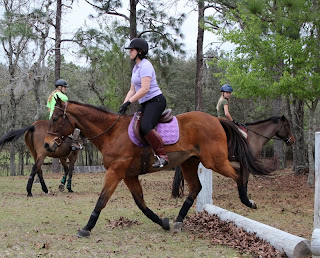 |
| Photo courtesy Gabriel Santiago |
Introduction by Ted Kooser: I’ve talked a lot in this column about poetry as celebration, about the way in which a poem can make an ordinary experience seem quite special. Here’s the celebration of a moment on a campus somewhere, anywhere. The poet is Juliana Gray, who lives in New York. I especially like the little comic surprise with which it closes.








.jpg)


